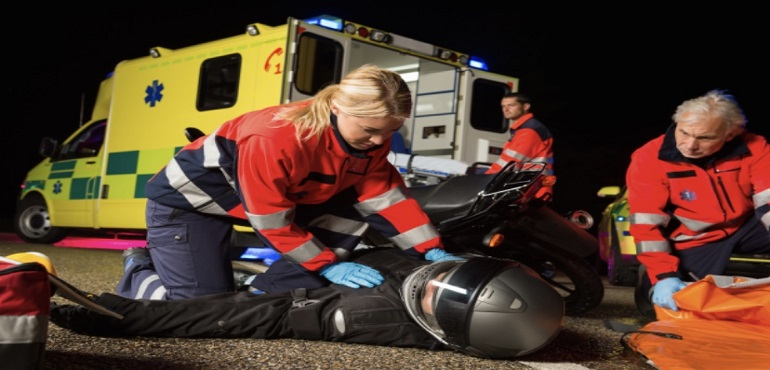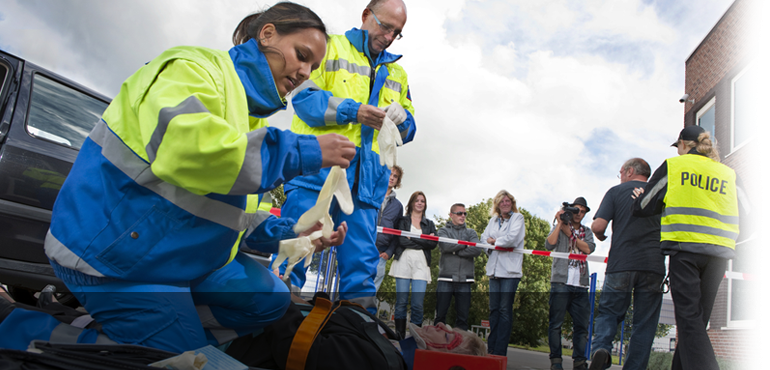| Toll Free : 1844 495 7333(injury hotline- new cases only) | |
| Text a Personal Injury Lawyer 24/7 and get instant help.TM (416 931 5015) | |
| Head Office : 905 495 7333 |
Driving At Night And In Bad Weather: Safety Tips
September 4, 2017Brampton personal injury lawyers often deal with situations where pedestrians, cyclists, motor-cyclists, car drivers and passengers are involved in accidents. Most of these accidents can be traced to someone’s fault or negligence and could easily have been avoided or prevented.
Accidents give rise to a range of injuries. They may range from minor cuts, lacerations, bruises and burns to serious, life-threatening injuries, amputation, paralysis, traumatic brain injury, spinal or neck damage, serious fractures, internal organ damage, disfigurement, etc. The effects of some injuries could last a life-time and their impact is felt not just by the victim but usually by the entire family.
- Loss of income, wages or earning capacity
- High medical and rehabilitation expenditure
- Pain and suffering
- Loss of life, enjoyment, guidance and care
- Funeral expenses in case of death
If you or a dear one has been injured in a motor-vehicle accident, contact the nearest personal injury lawyer in Brampton without delay. You may be entitled to compensation.
Safe Night Driving
Night driving can be extremely stressful and risky, especially in poor weather conditions, with poor visibility, on unfamiliar terrain, both on congested and on lonely roads.
- Ensure that your lights, including brake lights and fog lights, and your wipers are always in top condition
- Slow down so that you don’t misjudge by over-driving your headlights
- Cut down glare from on-coming traffic by looking slightly above and beyond dazzling headlights
- Switch to low-beam on country roads
- Check weather forecast and avoid driving in bad weather
- Driving in fog should be avoided
- Watch your speed and leave safe braking distance from the vehicle in front
- Don’t stop on the road if driving is difficult, travel slowly to a parking area and wait
- Stay calm and focused
- Avoid distractions like cellphone use or texting
- Stop when you want to check your GPS
Safety Tips for Driving in Rain
Weather conditions in Ontario seem set to see large-scale flooding in many areas. Near-record spring rains have seen floodwaters rising in many low-lying districts. Shoreline residents and road users may find driving and commuting difficult.
Rains could lead to slipperiness of the roads and also misjudgments. Water-logging may cause road damage, tree falls, etc. Staying safe on rainy roads includes:
- Ensure that your vehicle is rain ready: Check the tires, wipers, lights, fuel etc regularly
- Drive slowly
- Careful about hydroplaning: This occurs when tires get more traction on wet roads and cause the vehicle to slide out of control. Traveling at a slow and consistent speed in wet weather helps eliminate the risk.
- Don’t drive into or across puddles
- Avoid using cruise control
- Keep your headlights on
- Adjust your driving habits to the altered conditions
- If you’re anxious about driving in the rain, take public transport
- Drive on the clear sections of road
- Plan your moves and don’t accelerate or slow down abruptly
- Steer, brake and speed up smoothly
- Avoid flooded roads. Check your news feed for information before venturing out in the rains
- Ensure that you’re familiar with the anti-lock braking system if your car has one
If an accident occurs, get emergency medical help, inform the traffic authorities and contact a 24×7 accident injury lawyer immediately.
Driving At Night And In Bad Weather: Safety Tips
September 4, 2017Brampton personal injury lawyers often deal with situations where pedestrians, cyclists, motor-cyclists, car drivers and passengers are involved in accidents. Most of these accidents can be traced to someone’s fault or negligence and could easily have been avoided or prevented.
Accidents give rise to a range of injuries. They may range from minor cuts, lacerations, bruises and burns to serious, life-threatening injuries, amputation, paralysis, traumatic brain injury, spinal or neck damage, serious fractures, internal organ damage, disfigurement, etc. The effects of some injuries could last a life-time and their impact is felt not just by the victim but usually by the entire family.
- Loss of income, wages or earning capacity
- High medical and rehabilitation expenditure
- Pain and suffering
- Loss of life, enjoyment, guidance and care
- Funeral expenses in case of death
If you or a dear one has been injured in a motor-vehicle accident, contact the nearest personal injury lawyer in Brampton without delay. You may be entitled to compensation.
Safe Night Driving
Night driving can be extremely stressful and risky, especially in poor weather conditions, with poor visibility, on unfamiliar terrain, both on congested and on lonely roads.
- Ensure that your lights, including brake lights and fog lights, and your wipers are always in top condition
- Slow down so that you don’t misjudge by over-driving your headlights
- Cut down glare from on-coming traffic by looking slightly above and beyond dazzling headlights
- Switch to low-beam on country roads
- Check weather forecast and avoid driving in bad weather
- Driving in fog should be avoided
- Watch your speed and leave safe braking distance from the vehicle in front
- Don’t stop on the road if driving is difficult, travel slowly to a parking area and wait
- Stay calm and focused
- Avoid distractions like cellphone use or texting
- Stop when you want to check your GPS
Safety Tips for Driving in Rain
Weather conditions in Ontario seem set to see large-scale flooding in many areas. Near-record spring rains have seen floodwaters rising in many low-lying districts. Shoreline residents and road users may find driving and commuting difficult.
Rains could lead to slipperiness of the roads and also misjudgments. Water-logging may cause road damage, tree falls, etc. Staying safe on rainy roads includes:
- Ensure that your vehicle is rain ready: Check the tires, wipers, lights, fuel etc regularly
- Drive slowly
- Careful about hydroplaning: This occurs when tires get more traction on wet roads and cause the vehicle to slide out of control. Traveling at a slow and consistent speed in wet weather helps eliminate the risk.
- Don’t drive into or across puddles
- Avoid using cruise control
- Keep your headlights on
- Adjust your driving habits to the altered conditions
- If you’re anxious about driving in the rain, take public transport
- Drive on the clear sections of road
- Plan your moves and don’t accelerate or slow down abruptly
- Steer, brake and speed up smoothly
- Avoid flooded roads. Check your news feed for information before venturing out in the rains
- Ensure that you’re familiar with the anti-lock braking system if your car has one
If an accident occurs, get emergency medical help, inform the traffic authorities and contact a 24×7 accident injury lawyer immediately.








